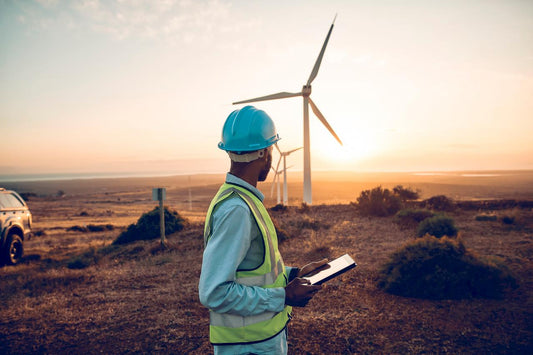Challenging the myth.
There is a common misconception that holding safety and technical training certificates grants learners with an automatic passport to their dream job in the wind energy sector.
While the training is an essential step in the career transition journey it is vital that you assess the demand for your skills and attributes before you invest in training courses. If you are not prepared to work on mapping employers, systematically applying for roles and making proactive introductions then you will not give yourself the best chance of success.
Maersk Training are unable to provide individual career advice (there are just too many variables!), but we have worked hard to prepare a range of career guidance documents that we hope will help you make an informed decision.
Below you will find answers to some of the most common questions we are asked by people who have started their journey into wind.




